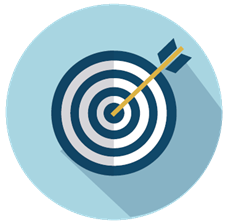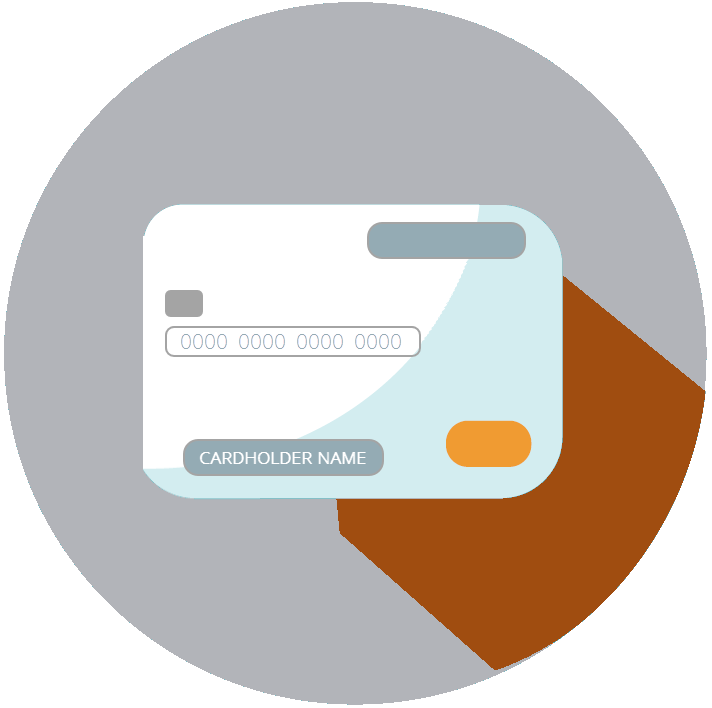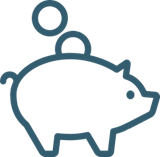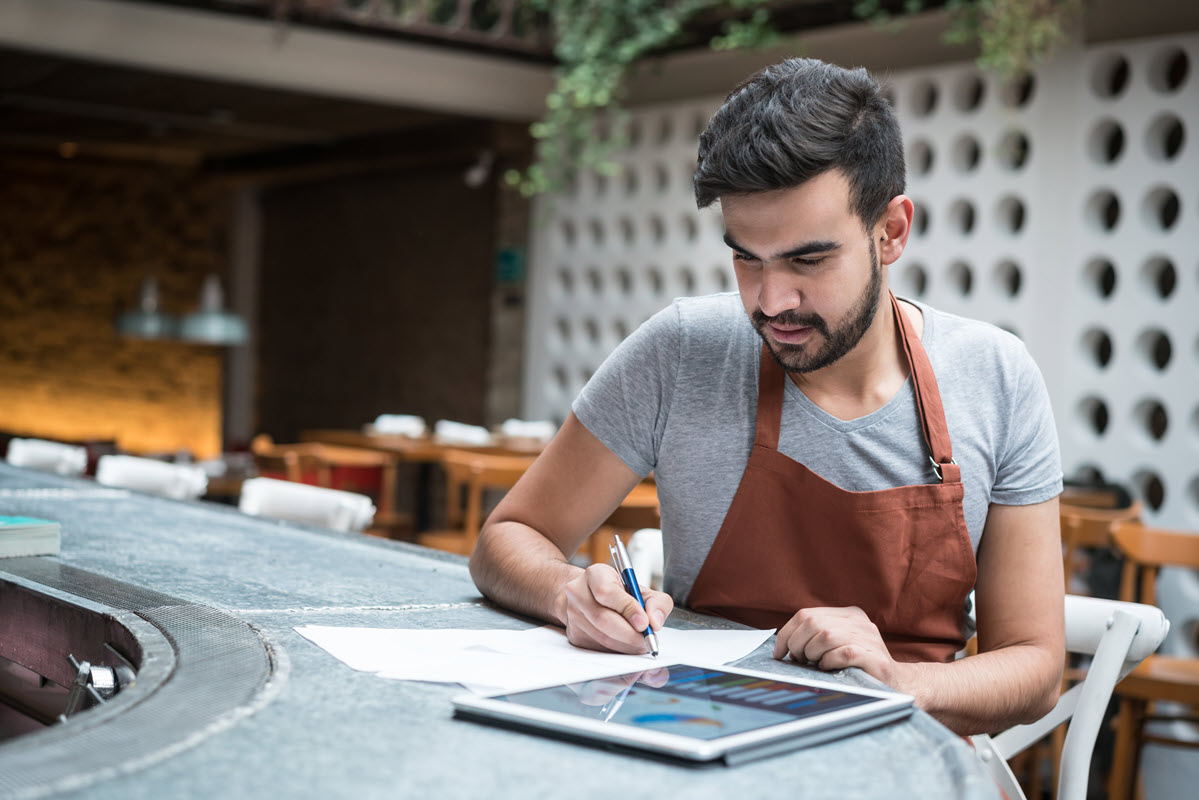Events like pandemics, recessions, and job losses may create fear and uncertainty that remind us of the importance of having an emergency fund. Having a cushion set aside for a rainy day is very important, can help reduce your stress, and help you avoid alternative cash sources, such as payday lending.

To build an emergency fund, start by looking at your spending plan and figuring out how much you can save. Once you figure out how much you can realistically save, create an action plan today. Even a small amount can make a big difference. Here’s what you can do to get started:
Commit – From saving a set amount from your paycheck, cutting an expense, or saving a part of your tax refund, it’s important to simply start. Set a savings goal and commit to it. There is no right or wrong way to save – personal finance is personal.
Automate – Set it and forget it. Take the time to put your plan in action. There are many mobile apps and online banking features that can make setting up an emergency fund simple. The more you automate, the less you have to think about, which can take the stress out of saving. From bi-monthly savings contributions to participating in monthly savings challenges, do what works best for you.
Stay on Track – Losing sight of your goals can allow spending leaks and other spending weaknesses to creep in. Identifying these leaks and weaknesses can help you stay on track with your savings goals. Answer these questions to help you examine your spending:
Consider Cash – Using cash creates a feeling of loss because cash is physical. With debit and credit cards, it is easy to swipe and forget about it. Imagine buying a new computer or cell phone paying in cash with $20 bills. You might think, do I really need this? Using cash may help you stop and think before you spend.
There is great value in having an emergency fund and planning for your financial goals. The information above can help you get started thinking about it. Be creative and think about the one financial thing you can do today to get started. Investing in your financial future is investing in yourself. Find a partner and share your commitment along with your plan of action. Start saving and watch your emergency fund grow.
MORE TopICS
The Hands on Banking website has all of the materials you need to help you succeed financially. The following topics can help you get started on your financial education journey.



